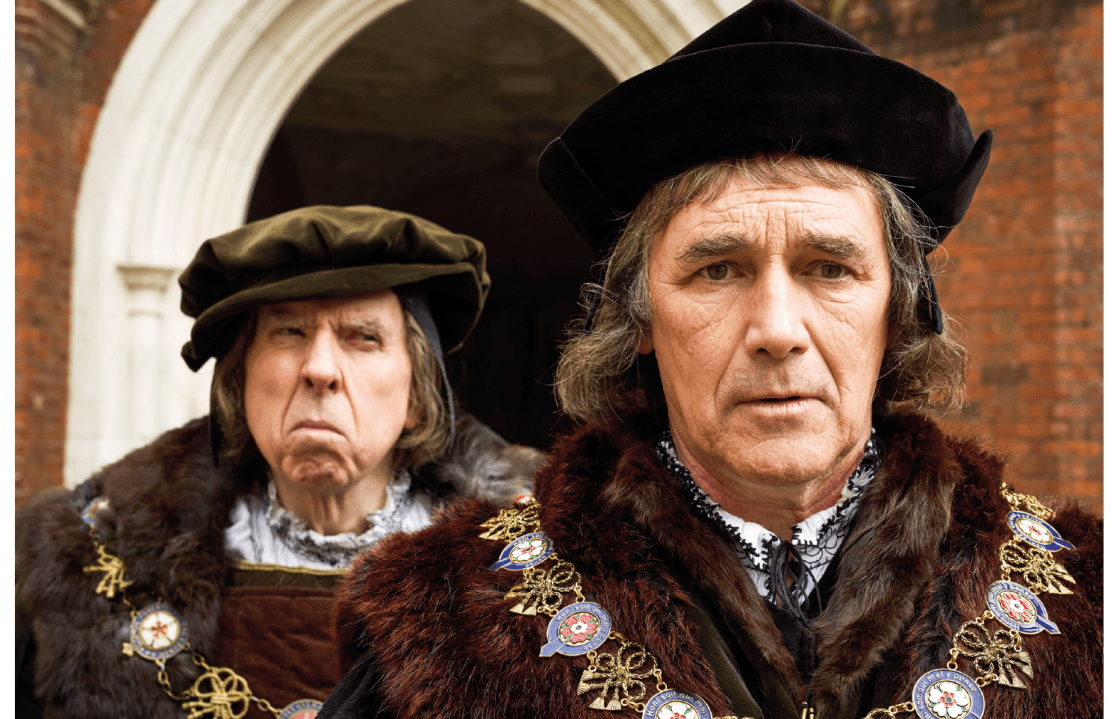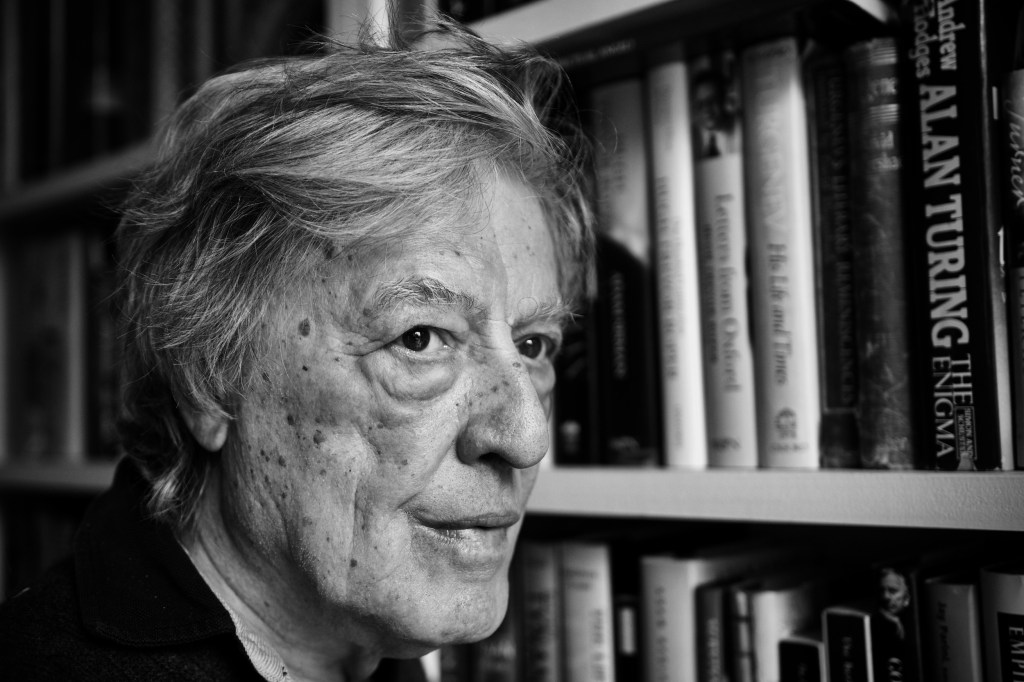Wolf Hall is one of the few remaining jewels in the BBC’s tarnished crown. Presumably that’s why it was allowed to get off relatively lightly from the attentions of the Beeb’s resident diversity commissars.
Yes, I recognise that I may be a terrible reactionary, completely out of tune with the times. But I think I speak for quite a few of us when I say that I was grateful in the first episode to notice only two discreet gestures towards anachronistic casting: one lady in waiting and one member of the king’s council.
It seemed to strike an acceptable balance between verifiable historical incident and dramatic licence
As I keep saying, whatever you think about ‘representation’, what matters far more in period drama is authenticity. If you’re going to go to all the trouble and expense of recreating Tudor England – sumptuous locations from Hampton Court to Montacute House and Penshurst Place, fabrics so rich they could have jumped out of a Holbein portrait – you need to get the casting right too. After all, Wolf Hall viewers are the kind of people who notice that in the first episode of season two we’ve got a character talking about ‘tripwires’ when the first recorded use of the word, according to the OED, wasn’t till 1916.
Damian Lewis continues to make the most brilliant Henry VIII. Possibly he’s not quite as rotund, gouty and ulcerous as the king would have been by this stage. But he captures perfectly that mercurial mix of impulsive generosity and charm, giving way in an instant to wounded pride, suspicion, outrage and vengeful, mortal fury which must have made Henry such a terrifying, nerve-racking proposition for his wives, children and courtiers.
Mark Rylance is very watchable too, as Cromwell, the only man in Tudor England capable of riding the king’s violent mood-swings, anticipating his changing needs and acting to their mutual benefit. But he inhabits the role so fully that it becomes almost distracting. ‘There’s Mark Rylance immersing himself in the character of someone who never quite looks you in the eye, is the consummate fixer, but is totally unknowable,’ you think. Whereas what you should be thinking is: ‘That’s Thomas Cromwell.’
I can’t remember why I gave up watching the first series. Nine years is a long time ago; so long that some of the original cast, e.g. Bernard Hill, have died and been replaced, or got so famous, like Spiderman’s Tom Holland, that they’re no longer affordable on a BBC budget. However, I seem to recall finding it a bit sludgy and ponderous, as well as mumbly and oppressively gloomy.
For its second outing, though (directed, as before, by Peter Kosminsky and adapted by Peter Straughan) it appears to have upped its game. Apart from the ‘tripwire’ solecism (how did no one notice?), there were no moments where I wanted to throw rocks at the screen; it seemed to strike an acceptable balance between verifiable historical incident and dramatic licence; and it looked and felt right. Maybe I’ll stick with it this time.









Comments